I often think about the questions people asked me when I first told them I was going to become a freelance writer:
‘Won’t you feel isolated?’
‘Will you be able to cope with the instability?’
‘Will you be able to motivate yourself every day?’
I waved these questions off with the smokescreen of the freelancing dream. Yes, I imagined I’d be working hard and that the path would be a bit rocky but I thought who cares if I have all the freedom in the world and work according to my own rules.
I had a lot of expectations about freelancing, some turned out to be true, some didn’t and some things cropped up that I didn’t at all expect.
What turned out to be true
1. Complete Freedom

The freedom to decide where you want your business to go, to work where and when you want is actually a blissful reality.
When
Sometimes I work early morning, sometimes I don’t, sometimes I work late evening or on the weekend. I work according to my projects and what suits me, not because I have to fill up the hours in a traditional working day.
Where
Being a ‘Digital Nomad’ means that I can work in bed (please find me a freelancer who hasn’t done that), co-working spaces, quirky cafes, libraries, or on an exotic island. My location doesn’t affect what I do because all I need is a laptop and wifi.
Working with no fixed anchor is liberating but can make you feel a little too cut off from society. You are living life in a different rhythm to most other workers and it can make you feel out-of-sync with the rest of the world. Finding other freelancers, joining social groups, networking, co-working spaces and/or volunteering your time for community led projects are all important if you want to avoid living on an isolated digital island.
What
I have the freedom to choose what projects I accept and in turn who I work with. I can refuse a project because I don’t agree with the morals of a company or I can accept to work for pennies because the project interests me and is great for my portfolio. A freelancer is essentially the creator of their own professional destiny.
The freedom to do what I want is of course not absolute, once I accept something I always work according to the client’s expectations. I also often have to work on something boring or that doesn’t fit with where I want my freelancing to go, so I can keep adding to my ever-depleting emergency freelance fund.
2. Personal Development

Most projects you accept or decline are based on your goals and beliefs, whether it is deciding what to pitch as an idea, how much time you spend on each task or how much energy you invest in developing your brand. I find myself constantly asking ‘is this something that I am comfortable with?’, ‘does this reflect where I want my company to go?’ ‘Is this a wise business decision?’
Your personal and professional goals become the same thing. You care about what you are doing because your work becomes a reflection of who you are. You put much more energy into everything you do and in turn what you achieve becomes much more rewarding and worth the hard work you put in.
3. Motivation

‘You are your worst enemy’ should definitely be the freelancer’s motto.
The reality is that you don’t always wake up wanting to change the world. Sometimes I just want to watch Netflix or scroll through Instagram avo smash posts. Telling myself I need to sort out the pile of receipts stuffed in my drawer or to send an awkward email chasing a late payment can sometimes feel like climbing a mountain littered with procrastination pit stops.
I learnt the hard way that daily proactive effort is the only way to build up motivation and achieve what you want. Creating sustained motivation is kind of like building muscle at the gym, you just have to keep at it and focus on the progress you’ve made instead of berating yourself for not being where you thought you would be.
What I didn’t expect
1. Anxiety

When I finally took the plunge, I didn’t feel the immediate relief I thought I would to finally have my career in my own hands and know that I was building something from the ground up. For the first couple of weeks I actually felt really scared. When I wasn’t feeling scared of failure I felt chronic guilt for not doing enough. If I spent half an hour having a coffee or meeting up with a friend before 5pm, I would feel like I wasn’t achieving my maximum potential and living up to the slacker freelance stereotype.
2. Unlearning
I think the anxiety and guilt I first experienced was a way of coping with the huge shift in my work pattern. We are creatures of comfort and getting out of habits, even when they aren’t good for you, is very hard. I have learnt to be kinder to myself as my freelancing matures, if I meet a friend in the middle of the day on a Wednesday and feel that familiar pull of guilt, I remind myself of all the weekends and late nights I have also put in and that freelance breaks don’t have to be before 9am or after 5pm.

As a freelancer, I have found that you have to basically ‘unlearn’ everything from when you worked for an employer, like pressing factory setting on your computer, you start from scratch and build up. You can add a lot of the things you’ve learnt from your old employer but it shouldn’t be a prerequisite.
I also realised that I actually don’t know my work self very well. Within the first few days of freelancing I realised I didn’t know which hours I work best at, I assumed it was in the morning and mid-afternoon but it turned out to be mid-morning and evening. I also thought I would like the quiet of my office but I actually prefer working in noisy cafes, the continually chatter and clanking of coffee cups actually helps me to concentrate and I feel more connected to the hum drum of every day life. Freelancing gave me the complete freedom to figure out who I am at work, which was a definite welcome surprise.
Another thing you have to unlearn is when to switch off. The traditional switch off for an employee is in the evening, at the weekend or on holiday (and sometimes in boring meetings); now I am never switched off. As a freelancer, your work bleeds into your private life and vice-versa. Weekends don’t exist anymore, or not like before, and even when you are having some time off or go on holiday you seriously debate taking your work with you or checking your work emails every second hour.
You want your own company to do well and so you are prepared to work too much, but this can very easily lead to burn out. Setting up boundaries for yourself is so important as a freelancer, I remember my first was to switch off my work email notifications on my smartphone so I stopped answering them at 1 am.
3. Concept of Time

My relationship with time has completed changed since becoming a freelancer:
Chargeable time
The phrase ‘time is money’ is a very literal working mantra. Like most freelancers, I charge per hour/day, per word or per project and ‘time’ is a huge factor in deciding how much to charge.
Justifying my time for what I charge is also a frequent occupation, I’ve actually had some clients ask me to create documents describing in detail what I have done per hour of my time on that project.
Quality time
Away from chargeable time there is also quality time. Giving yourself breaks when you are working hard, allowing yourself the time to reboot, reflect and daydream so you have the time to think about creative ideas.
Proactively finding the right balance for your time is really important, to not spend too much or too little on something. I have found that if I allow myself more leisure time I become much more productive and create better quality work, you stop being frazzled and you have more time to think about the long term not just the 5 emails you need to send that day. This then creates circular productivity, where the more productively you work the more you feel like you can give yourself a bit of time off to actually enjoy the life you are trying to build.
The Million Dollar Question
So were my friends and family right?
Their fears about freelancing does come from a truth and has affected me as well as many freelancers. I think though, it’s important to remember that you have to be a certain type of person to like freelancing. You generally need to crave independence, be determined, like your own space, be ambitious, enjoy questioning the status quo and have a mild dislike for authority and monotony; if none of these characteristics describe who you are, other types of jobs are probably a better fit.
Freelancing, like anything, has it’s ups and downs but is definitely the best choice for me, the benefits far outweigh the negatives and most importantly when I wake up I am happy to get up and work for myself.
Sara is a freelance writer based in Manchester and owns the commercial and creative content company Fraiche Ink where she focuses on thought pieces and marketing content.


